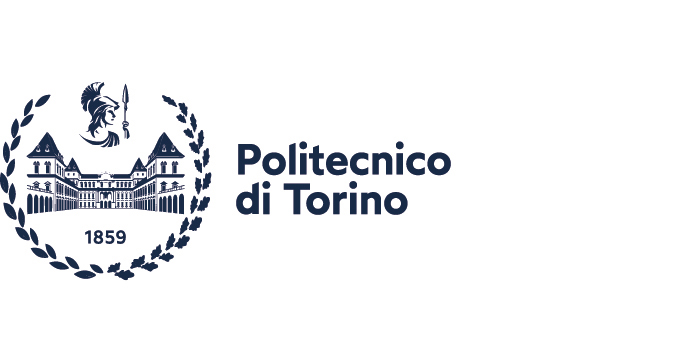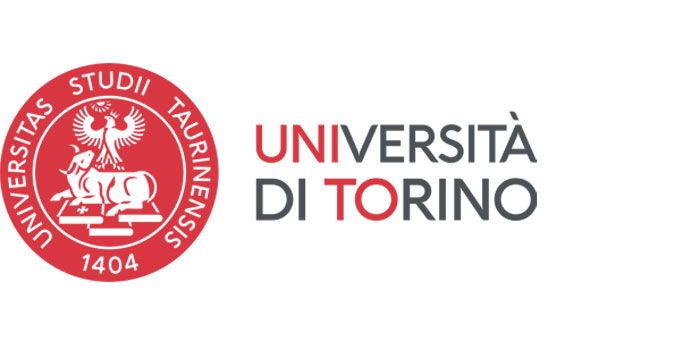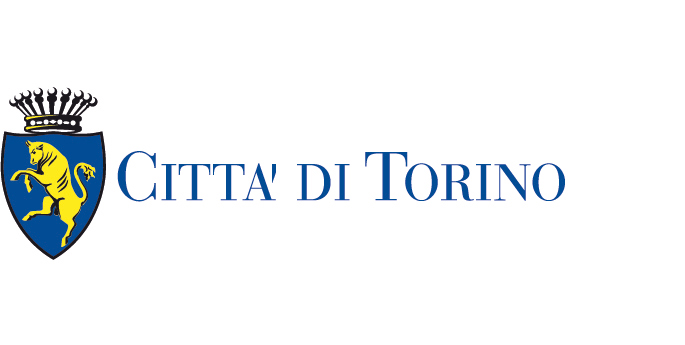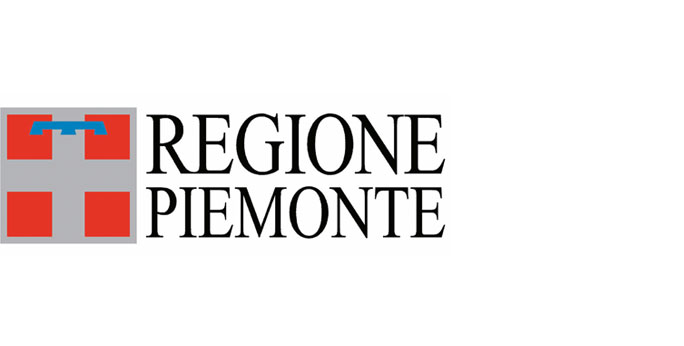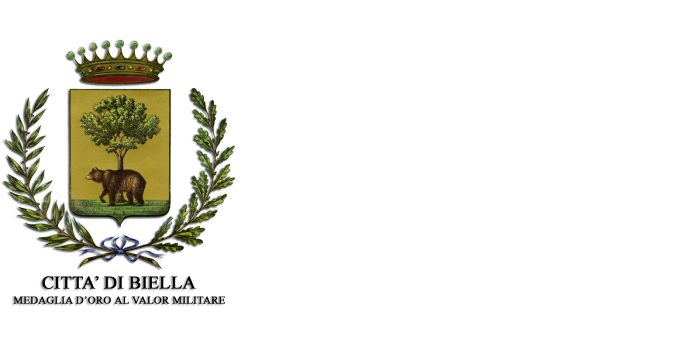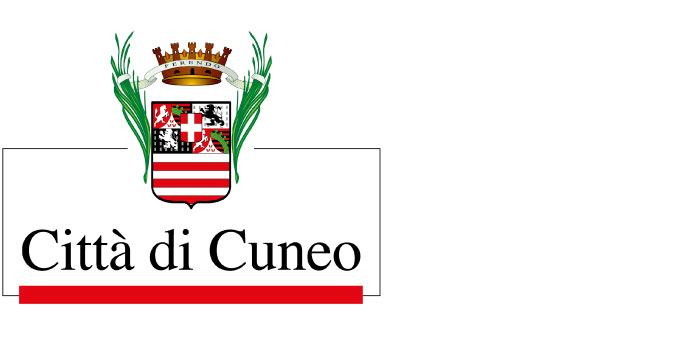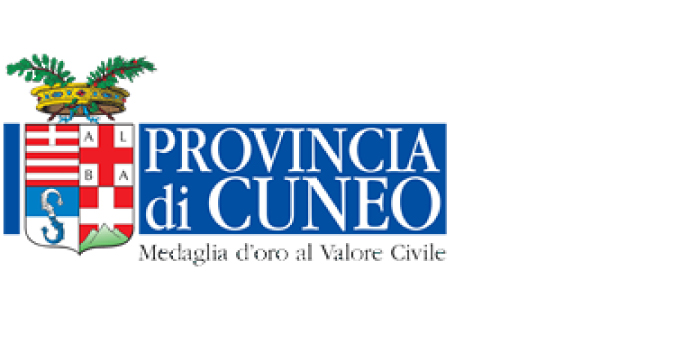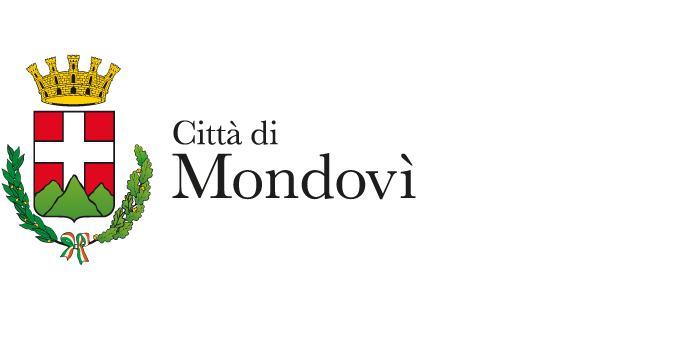Il progetto UNIGHT
La ricerca è un viaggio fatto di domande, tentativi, intuizioni e ripartenze, ma è così che funziona: il futuro si costruisce provando.
La Notte Europea delle Ricercatrici e dei Ricercatori 2025 a Torino celebra non solo i traguardi della ricerca ma soprattutto il suo percorso: collettivo, appassionato, a volte incerto, sempre sorprendente. Un’esperienza immersiva nel mondo della ricerca attraverso laboratori, esperimenti, incontri e performance per scoprire come ricercatori e ricercatrici stanno affrontando le sfide della società.
Partner
Un progetto di
Con il patrocinio di









